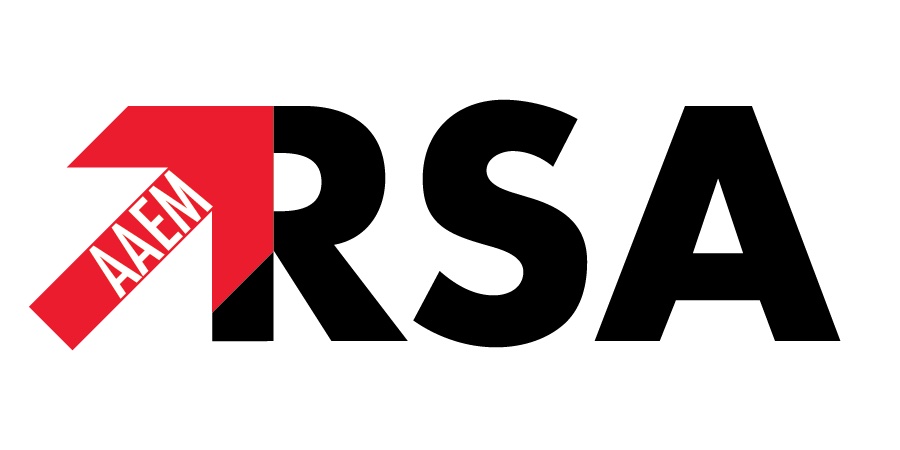 |
| Image Source: Wikimedia |
 |
| This post was peer reviewed. Click to learn more. |
Author: Austin Tam, ScB, MSIII
Medical Student
Alpert Medical School
AAEM/RSA Education Committee
Emergency medicine (EM) is a specialty that requires both a wide breadth of medical knowledge and procedural prowess. Methods to impart the clinical skills necessary to be a successful EM physician can take the form of observed clinical work, didactics, workshops, and simulations, among many other experiences. Synthesizing multiple teaching modalities within an EM residency curriculum may help reinforce rote and mechanical memory for effective learning. In addition, exposure to the different fellowships within EM, as well as providing opportunities that stimulate interest in them, is an important aim in most residency programs.
One largely-proven example of such methods is the Medical Wilderness Adventure Race (MedWAR), a competitive wilderness race composed of a series of realistic, simulated outdoor emergencies designed to challenge communication, improvisation, emergency care, and teamwork skills.[1] As an international, interdisciplinary activity, participants can come from numerous backgrounds and levels of experience including scouts, students, residents, physicians, health care professionals, and even wilderness enthusiasts.[2] Besides medical and wilderness skills, MedWAR also imparts lessons in wilderness conservation and an emphasis on an appreciation and respect for nature.[2,3]
MedWAR was started by medical students an the Medical College of Georgia in 2001. Since then, it has expanded to twelve separate races across North America, occurring during all seasons of the year.[3] As it is a mental and physical challenge that can last an entire day in any weather conditions and environmental terrains, teams must come prepared with a variety of wilderness medicine skills and ability to orient a compass and map, as well bring their own supplies they wish to use on the course.[1] Teams compete for time and proper management of medical scenarios. During the course, there are opportunities for teams to learn from their mistakes and to remediate.[1,2] A successful reinforcer of medical teaching, it has been proven that resident participation in MedWAR results in significant improvement in written exam scores and practicum assessments in wilderness medicine.[4]
EM residency programs have begun to adopt similar practices for their own curriculum on a smaller scale. The EM residency at Alpert Medical School of Brown University held its inaugural annual wilderness medicine race in Lincoln Woods State Park in Rhode Island on a rainy day in August. Participants were three- to five-person teams made up of EM residents of different years and a single team consisting of fourth-year medical students rotating in an EM elective. Volunteers included interested EM physician faculty, medical students, and two PGY-3 residents who organized the event, and the activity was funded by the program’s conference budget. Teams were assessed on a rubric that evaluated appropriate care, efficiency, and practical skill. Bonus points were available through wilderness medicine trivia questions scattered along the course. At a set end time when the race concluded, rubric points were tallied. A celebratory barbeque was held as two winning teams, one with the fastest time and one with the most points, were awarded trophies. A debriefing reflection and discussion was also held during the barbeque. All participants were given information about the competition’s scenarios for personal review and instruction. Evaluation forms for improvements and feedback were given afterwards to everyone involved with the activity, and based on preliminary survey results, the event was a success. It is planned to be incorporated into the EM residency curriculum for future years as an annual educational activity and as an interclass residency program bonding event.
MedWAR provides both a practical and fun way to engage students and residents in the practice of wilderness medicine. It has been proven to increase test scores and clinical skills, while also providing an opportunity for students and residents to bring their interests into the practice of emergency medicine. Through MedWAR, the field of wilderness medicine has the potential to continue to grow and become integral to many EM residencies.
References:
1. Donelan, Steve. An introduction to the medical wilderness adventure race (MedWAR). Wilderness Environ Med. 2003;14(4):272.
2. Ledrick DJ. The medical wilderness adventure race (MedWAR): a unique learning opportunity. Acad Emerg Med. 2006;13(5).
3. MedWAR frequently asked questions. http://www.medwar.org/faq.htm. Accessed December 30, 2017.
4. Irons HR, Dery JF. Medical wilderness adventure race (MedWAR): a novel and effective teaching platform for wilderness medicine knowledge and skills. Wilderness Environ Med. 2012;13(2):192.
